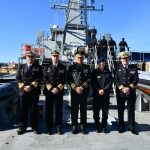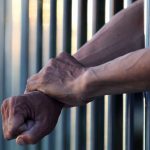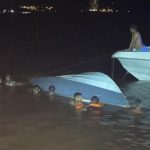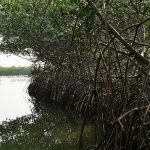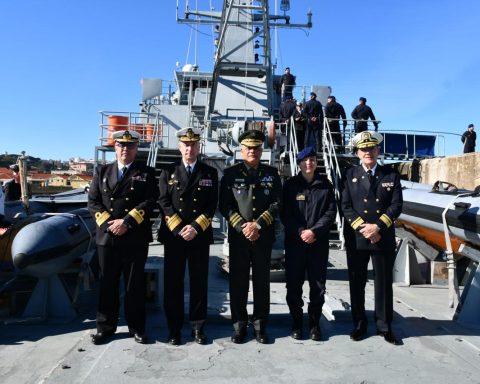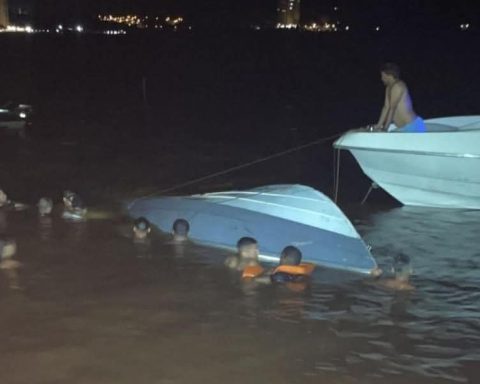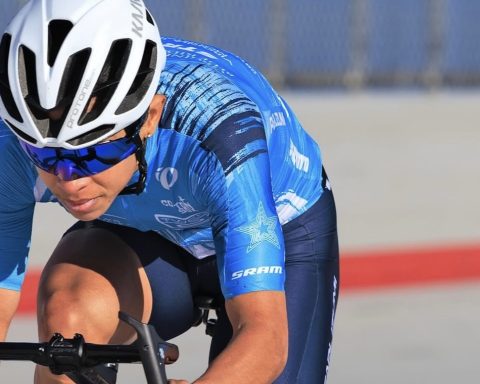The few representatives of indigenous peoples who hold public office in Nicaragua seek to make visible and put on the national agenda the problem of the invasion of settlers on communal lands. Noah Colemansubstitute deputy before the Central American Parliament (Parlacen), sent a three-page letter to President Daniel Ortega where he exposes the situation.
He reports, for example, that in the Sauni As community, the settlers are the main perpetrators of violent acts against the indigenous people due to the “selfish desire to accumulate land.” As a result of this event, four people were murdered, the letter indicates.
It also refers to the massacre in kiwakumbay where they murdered more than nine indigenous people, including the leader Salomon López Smithof Muskuswas, and the attack on the wilu community where six people died and burned 20 houses.
Related news: Invading leader of indigenous communities was assassinated by an armed band of settlers
The deputy explained to Ortega that the “settlers are promoted by illegal sellers of land such as loggers, ranchers, peasants and miners, who with their economic resources pay and finance the migration of peasants so that they take possession of the land by force and illegally.” indigenous and Afro-descendants to later sell them”.
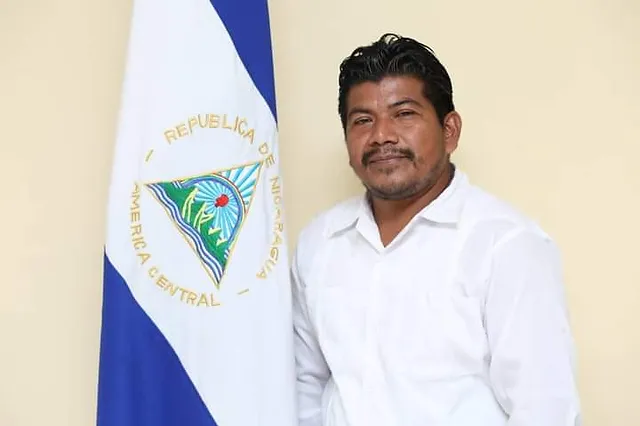
propose solution
Coleman proposes to the government 11 alternatives for the solution of this conflict. Among them, the urgency of “the fifth and final stage of the process of demarcation and titling, called sanitation of indigenous and ethnic territories.” Likewise, he requests that the Government impose restrictions on mestizo communities illegally settled in indigenous territories.
It also requests that the Nicaraguan Army increase its presence in the conflict zone to protect the native communities in the area. And to the Police to guarantee the identification, persecution and capture of armed gangs that operate in the area.
“The Attorney General of the Republic should issue an order or resolution declaring the nullity of all assignments of rights and any administrative document issued by a regional or municipal official that is not certified and endorsed by the corresponding communal or territorial authority,” demand in another of the points of the letter.
Ortega promised to deal
A few months ago, the owner deputy before the National Assembly brooklyn rivera spoke personally with ortega during a political meeting in Managua. There the parliamentarian explained the situation in the Caribbean and the president was receptive to taking action on the matter. But so far, that has remained in promise.
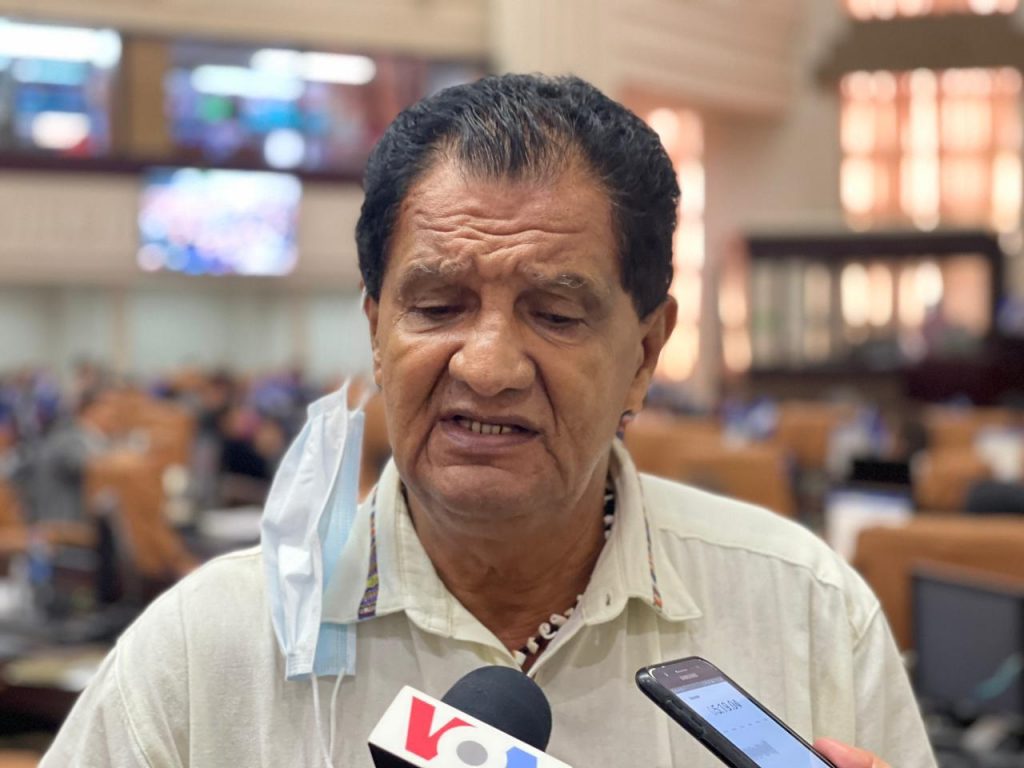
Rivera indicated that government delegations have made visits to the territories to make a “diagnosis” but do not allow the participation of local leaders. “The communities have to be part because they are the ones affected,” he said.
Prior to Holy Week, Rivera also spoke with Gustavo Porras, president of the Nicaraguan Parliament, whom he asked to “lend a hand” to stop the problem. «I have spoken with President Porras and he promised to support me in the efforts to get going. This means that we are taking advantage of every opportunity to be on top of these sanitation actions, because it is a main demand, “said the deputy.
Law on wet paper
In principle, the solution to violence in the Caribbean involves having political will and also enforcing Law 445, Law of the Communal Property Regime of the Indigenous Peoples and Ethnic Communities of the Autonomous Regions of the Atlantic Coast of Nicaragua and of the Bocay, Coco, Indio and Maíz rivers.
In this sense, the Nunca Más Nicaragua Human Rights Collective considers that “the (Nicaraguan) State is an agent that has caused the forced displacement of the (indigenous) population as a result of land trafficking protected by the same Attorney General of the Republic and the Army.
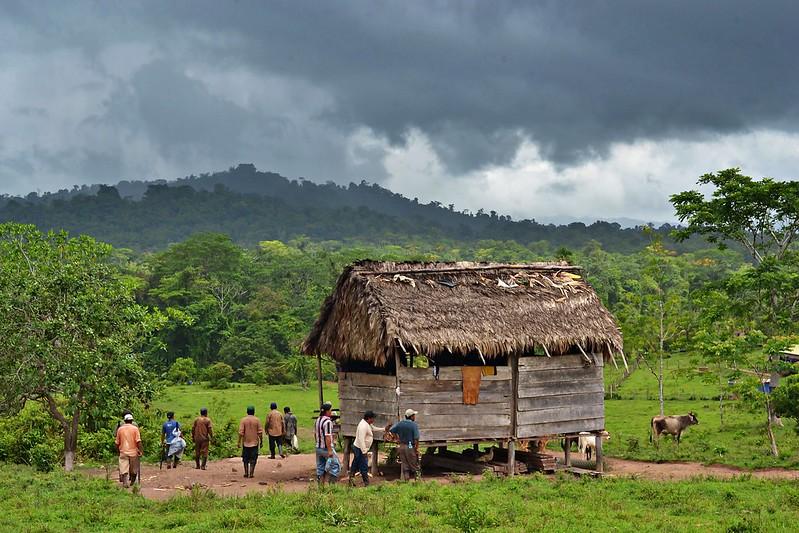
«They have been with the municipalities titling those lands; what we have seen is that abuses are not investigated and, on the contrary, they encourage it. We know that there are land deals and today Daniel Ortega and his power leadership are eroding what remains of the indigenous territories,” said Carlos Guadamuz of the Nicaragua Nunca Más Collective.
Additionally, not even the resolutions of the Inter-American Court of Human Rights have caused the State to put letters in the matter. “On the contrary, the parastatal structures that exist in the country are on the Caribbean Coast causing violence, forced displacement and that is why we saw a lot of recurrence of massacres in 2020 and 2021,” the lawyer pointed out.
It is worth mentioning that the State of Nicaragua has maintained a hermetic position on this situation.
By United Voices






